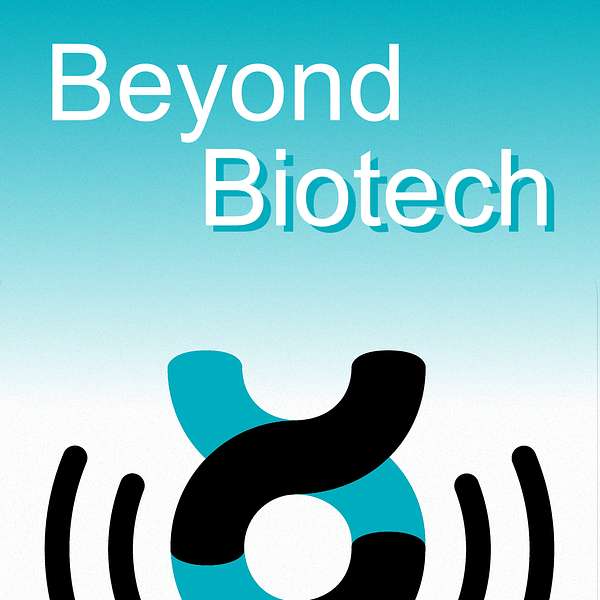
Beyond Biotech - the podcast from Labiotech
Welcome to the official Labiotech.eu podcast - Beyond Biotech! Each week, we talk about what's happening in the world of biotech, with news and interviews with experts from companies around the world. Join us as we cover the latest news, breakthroughs and innovations shaping the life sciences industry.A new podcast episode is available every Friday. The host is Dylan Kissane.
Beyond Biotech - the podcast from Labiotech
How RNAi is expanding from a therapy of choice for rare disease into treating common conditions
RNAi has changed the way that rare diseases are treated - is it about to do the same for more common conditions?
Alnylam was the very first company to translate RNAi from Nobel Prize winning science into a commercially scalable platform. Founded in 2002, the company today has five different RNAi therapies on the market and a pipeline that continues to expand. While their early focus was on rare disease, today they are expanding into more common conditions, partnering with top pharma companies to bring next-generation therapies to market.
This week I sat down with Paul Nioi, Senior Vice President of Research at Alnylam. Paul has more than 20 year’s experience in biotech and biopharma, and he walked me through Alnylam’s mission and place in the biotech ecosystem, the science of RNAi, the early success treating metabolic disease, and exactly where their platform is expanding into now and in the near future. Paul explains the capacity of RNAi to address neurological and infectious disease, the value of large-scale genomic initiatives, and how he sees drug discovery evolving in the years ahead.
01:29 Meet Paul Nioi
08:56 Alnylam, its mission, and its science
14:35 Two types of partnerships: top pharma, and genomic initiatives
22:34 RNAi therapies on the market for rare disease
27:29 Expanding into more common conditions
32:17 INHBE mutations and cardiometabolic disease
35:01 Working with Roche to target hypertension
38:58 Looking forward: Alnylam’s platform in the near future
41:49 What role for national genomic initiatives?
45:16 RNAi’s place in a future of precision medicine
Interested in being a sponsor of an episode of our podcast? Discover how you can get involved here!
Stay updated by subscribing to our newsletter
To dive deeper into the topic: